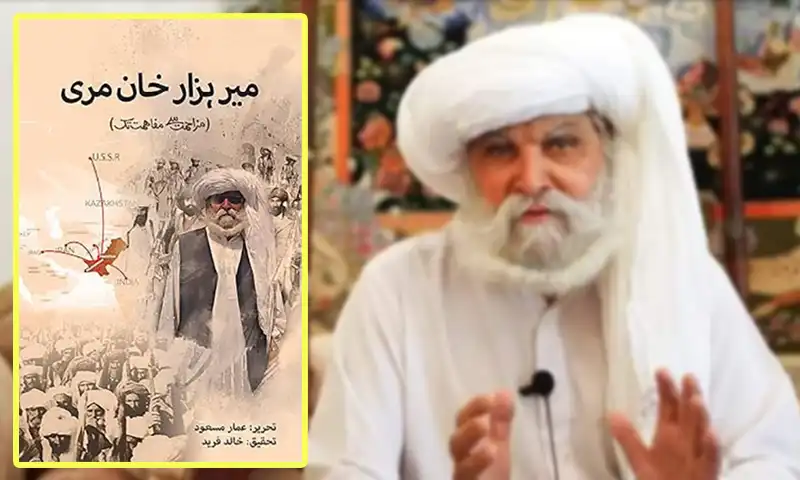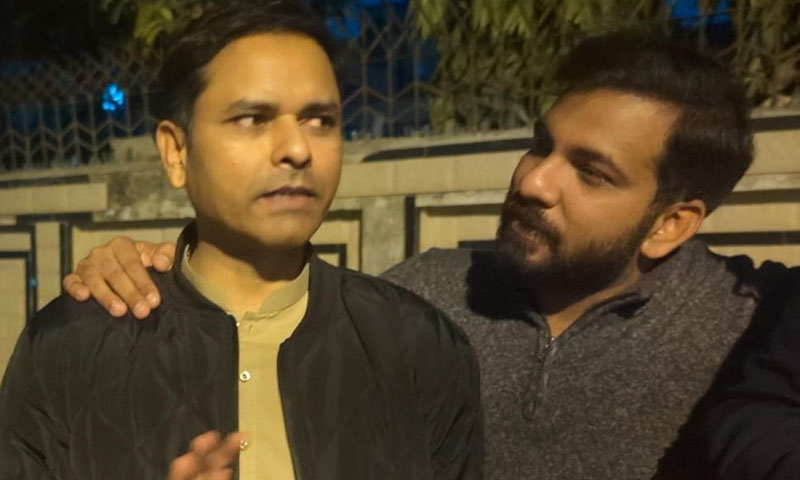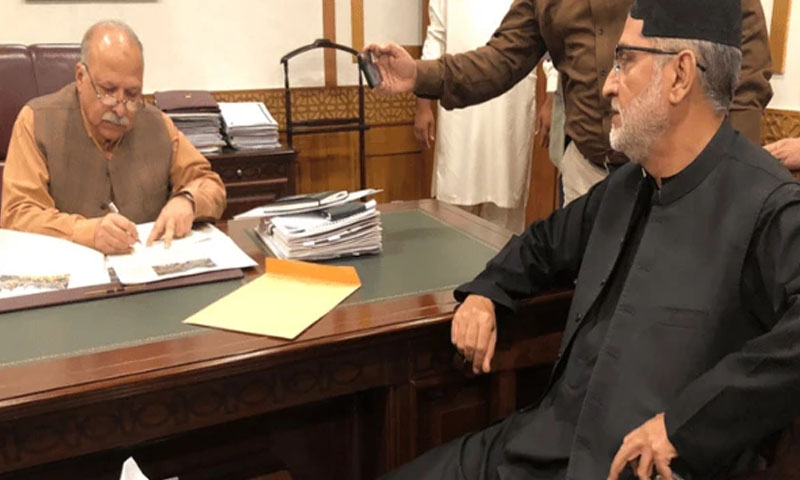- Web Desk
- 3 Hours ago
A look into Baloch nationalism through life of Mir Hazar Khan Marri
-

- Web Desk
- Jul 03, 2025

ISLAMABAD: The book – “ From Rebellion to Reconciliation: The Remarkable Journey of Mir Hazar Khan Marri” – authored by Ammar Masood with contributions from Khalid Fareed, offers a deeply insightful account of one of Balochistan’s most pivotal figures in nationalist politics.
More than just a biography, the book reflects the broader political, tribal and social fabric of Balochistan – from armed struggle to exile, and ultimately, reconciliation with the state.
Mir Hazar Khan Marri was at the forefront of the Baloch nationalist movement, particularly during the insurgencies of the 1970s. The book charts his journey through key historical episodes: the 1973 rebellion, exile in Afghanistan, internal divisions among Baloch factions during the Soviet invasion, and the state’s strategic “carrot and stick” approach under Gen Zia’s regime.
But rather than painting Marri as a rigid ideologue, the authors present him as a pragmatic leader who, despite leading an armed movement, recognised the value of political engagement for the broader good of his people.
What sets this book apart is not just the narrative of Marri’s political choices, but the way it unpacks the often-ignored internal conflicts within Baloch nationalism, the nuances of the tribal system, and the psychological impact of decades of alienation and displacement. This is not merely the story of Mir Hazar Khan Marri, but of an entire region that has remained misunderstood for far too long.
As columnist Farooq Adil notes in his commentary, the book goes beyond the conventional “why are the Baloch angry?” narrative. It humanises the pain and identity crises that arose from exile, broken promises, and forced displacements. The Baloch fighters who once sought sanctuary in Afghanistan and were hailed as warriors by Soviet generals found themselves unwanted and stateless after the Cold War. When they returned to their homeland, many discovered their lands occupied and their identities in limbo.
Marri’s eventual return and public pledge of loyalty to Pakistan after years of defiance mark a dramatic transformation, but one that came at great personal and collective cost. The book explores this moral and emotional reckoning with great sensitivity.
Adil notes that the book on Mir Hazar Khan Marri, whom he said was also known as ‘Wado Marri’, is not just a critical work for those interested in Balochistan, but for anyone trying to understand how political resistance, state policy, and local traditions collide and evolve. It challenges mainstream perceptions and reminds us that healing old wounds requires more than just force or appeasement — it demands truth, empathy, and above all, understanding.
It’s a rare and timely contribution, and as Adil rightly points out, perhaps just the beginning of a much-needed conversation.
The book – published by Sang-e-Meel Publishers, Lahore – is available in both Urdu and English.




